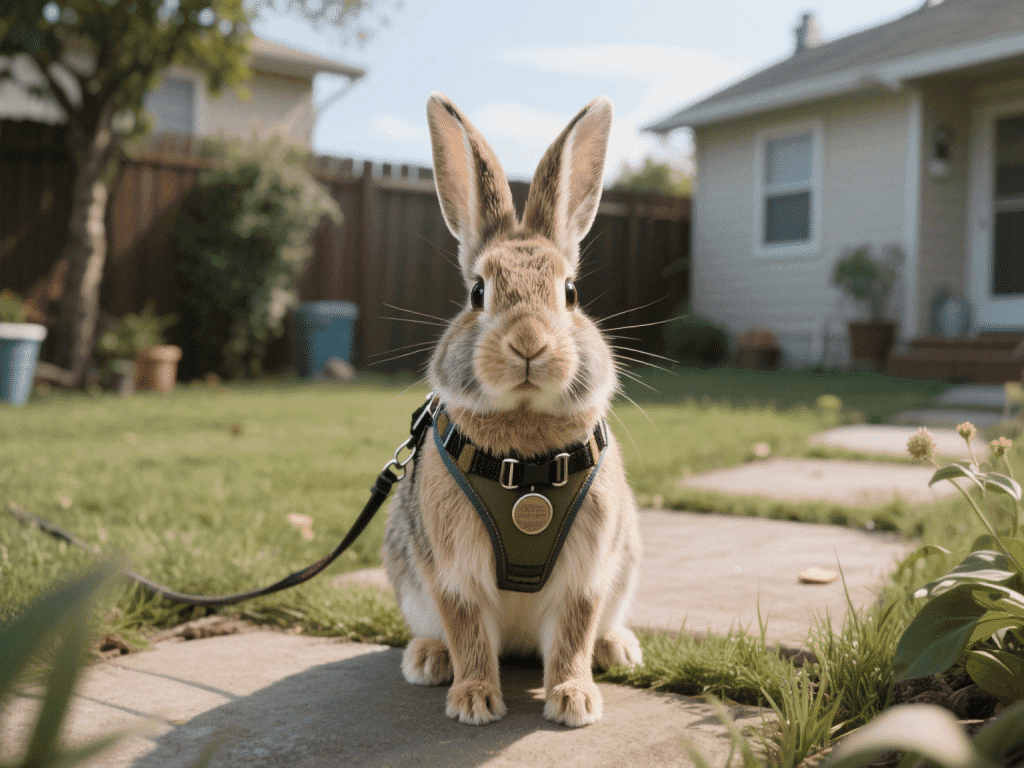Essential Hypoallergenic Dog Food Brands for Sensitive Stomachs

If your dog often experiences bloating, gas, diarrhea, or vomiting after meals, chances are you’re dealing with a sensitive stomach — a common concern for many pet parents. As a professional pet blogger with a background in animal nutrition, I’ve worked with numerous vets and nutritionists to identify what really works when it comes to easing digestive issues in dogs. One of the most effective solutions? Hypoallergenic dog food.
Why Hypoallergenic Dog Food?
Hypoallergenic dog food is specially formulated to minimize food allergens that commonly cause reactions in dogs. These formulas typically use novel proteins (like duck or venison), hydrolyzed proteins (where protein is broken down to prevent immune responses), and grain-free or limited-ingredient bases.
Signs Your Dog May Need Hypoallergenic Food
Frequent diarrhea or vomiting
Itchy skin or paws
Chronic ear infections
Excessive gas or bloating
Lack of appetite or picky eating
If these symptoms sound familiar, switching to a hypoallergenic diet could offer relief.
Top Hypoallergenic Dog Food Brands (2025)
Here are the most trusted, vet-recommended brands that specialize in hypoallergenic formulations:
1. Hill’s Prescription Diet z/d
Best For: Dogs with confirmed food allergies
Highlights: Hydrolyzed protein, clinically tested
Available Through: Veterinary prescription only
2. Royal Canin Veterinary Diet Hydrolyzed Protein
Best For: Dogs with IBD and chronic GI issues
Highlights: Balanced nutrition, vet-tested formulas
3. Natural Balance L.I.D. (Limited Ingredient Diet)
Best For: Mild food sensitivities
Highlights: Novel proteins like bison and duck, affordable
4. Purina Pro Plan Sensitive Skin & Stomach
Best For: Easily irritated stomachs
Highlights: Salmon-based, contains probiotics, no corn/wheat/soy
5. Canidae PURE Limited Ingredient
Best For: Grain-free seekers
Highlights: Real meat first, no fillers, 8 simple ingredients
Tips for Transitioning to Hypoallergenic Food
Introduce Gradually: Mix 25% new food with 75% old food, slowly increasing the ratio over 7–10 days.
Monitor Reactions: Track your dog’s stool quality, energy levels, and itching.
Stay Consistent: Avoid treats or table scraps that may contain allergens.
Final Thoughts
Not all hypoallergenic foods are created equal, and every dog’s needs are unique. It’s always best to consult with your vet before switching diets. However, with the right brand and a careful transition, many dogs experience dramatic improvement in digestive health, energy, and coat quality.
Choosing the right hypoallergenic food isn’t just about avoiding ingredients — it’s about supporting your dog’s whole-body wellness, starting from the inside out.






Comments on "Essential Hypoallergenic Dog Food Brands for Sensitive Stomachs" :